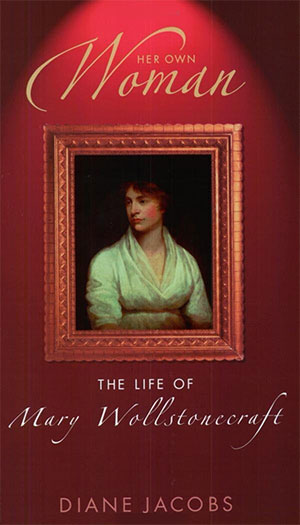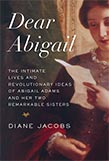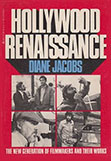
Her Own Woman: Excerpt
P R O L O G U E
At the height of the French Revolution, a thirty-three-year-old Englishwoman arrived at the port of Calais. She was a foreign correspondent, commissioned by a famous London publisher to write about all the momentous events since the fall of Bastille. The watchwords of the Revolution—liberty, fraternity, equality—spoke to her own deepest desires. Since childhood, she'd battled injustice: from her father, who had prepared only his male children for meaningful futures; from her mother, who had clearly favored her older brother, Ned. She was tall and pretty but had no dowry or inheritance; only her courage and tenacity pushed her forward. Everything she knew she had taught herself, and she had fought to success in the man's world of professional writing. She had made herself a philosopher and could hold her own with friends like Thomas Paine. A year before, she had become internationally famous when she had published A Vindication of the Rights of Women, demanding liberty for the female sex. Now she was eager to see what freedom had brought to the French people. And what would she find for herself?
At Calais, Mary Wollstonecraft stepped into a carriage heading inland to Paris. The winter countryside was bleak, the two-day trip exhausting. She caught a debilitating cough. And for every liberty tree she passed, she saw a sign demanding the head of King Louis XVI, who was now in jail, waiting to be tried for treason. When she arrived at her hosts' house in Paris, only the servants were home. And though Mary could read and write French, the spoken language completely escaped her. She sensed danger in the Paris streets and may have been tempted to return to the safety of King George's London. But she was not in the habit of turning back. She climbed down from the carriage. The greatest adventure of her life lay ahead.






